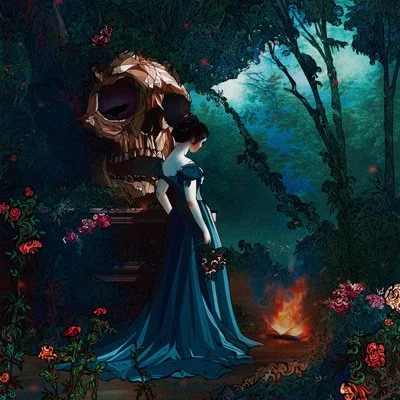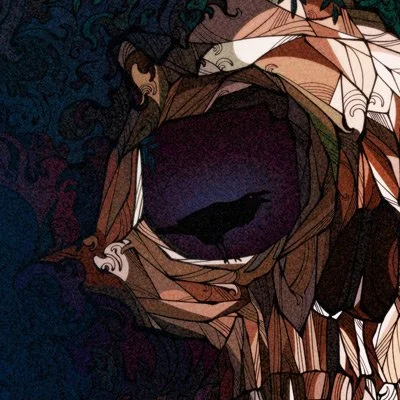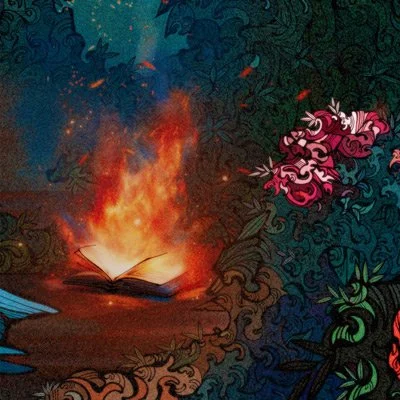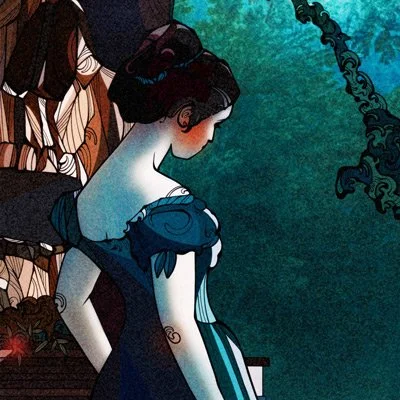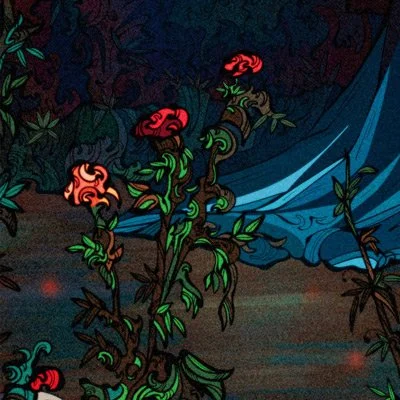It is a well known truth, though not often admitted, that few know how to bear the presence of a sorrowful woman. She is not easily understood. Not in company, not in recollection, and least of all in ink.
If you are reading this, I ask only for honesty. Should you feel the urge to set this book aside, do so without guilt, I have long since grown accustomed to being left unread. But if you choose to remain, I will offer a test, not as punishment, but as quiet proof, to both you and me, that this is something you are willing to sit with.
What follows are six sad truths I do not often speak aloud. If they trouble you, that is well. If they do not, that too says something. And if you choose to read on, know that my heart that is bruised, mistrustful, but still beating, is quietly grateful for your eyes.
One. I was born to a wife and a husband, though the titles alone flatter them. They were violent souls, small and shrill in their tempers, made larger by drink, and crueler still by what they chose to call love. Their affections poured readily, but never in my direction. The bottle was held closer than I ever was.
Two. My father’s rage bruised my mother so frequently that I cannot remember her face unmarked. And when his fists were stilled by labor, her hands took their turn. Whatever agony the weekends wrought upon her, she returned in double upon me by weekday. I was her second vessel, and her preferred form of release.
Three. She fled once. I was ten. She vanished without a word, and for a time, my father seemed unmoored, not grief stricken, but almost thoughtful, as though he finally grasped the shape of the damage he had done. And then, she returned. Not with apology, nor with certainty, but drawn back by one of those vague, unspoken promises people often offer when they are not yet finished breaking what they’ve already started. I imagine he swore he would change. And I imagine, for a day or two, he even believed it himself.
Four. But peace, in our small house of stone, was never peace at all, only the quiet interlude before violence returned in greater form. When she left again, it was not in silence or stealth, but with a letter clutched in one hand and a fury in her eyes I had only ever seen turned toward me. The letter made it official: I was no longer her child. She surrendered every maternal right, declared her wish to be free of me entirely.
But it was not the letter that stayed with me. It was her voice, cold, flat, and unflinching, as she folded her dresses into a canvas bag. “You were never wanted,” she said. And when I asked why, over and over, desperate for reason or forgiveness, she offered only a shove, and words I remember more clearly than her face: “Go to hell.” And then she was gone.
Years later, I passed her on the street. Her hair had greyed. Mine had darkened. We locked eyes for half a second and she looked straight through me. She did not know who I was. Not even a flicker of recognition. And in that moment, I realized something worse than hatred, worse than blame, I had vanished from her heart so entirely, that even my face meant nothing.
Five. But to return to the time when she left, my father did not change. If anything, he grew more careful in his cruelty, not less. He starved me when it pleased him, struck me when it didn’t, and remembered my existence only when it served his anger. I was not a daughter. I was the thing he had been left with. A responsibility.
In time, I was taken in by a distant relative, a woman of beautiful heart, with too many burdens, and no husband but two kids of her own. She brought me across the sea, promising a new beginning. And for a while, I believed her. But six months later, as I sat at her golden wood table in a foreign kitchen I still did not know how to call mine, she told me that my mother had been found, drunk, and lifeless, in the shed of a stranger.
I cried. Not for the woman she had been, but for the story that had ended without asking if I was ready. Another door had closed. And as always, it did so without making a sound.
Six. But the cruelest thing ever said to me was not uttered by mother or father. It was spoken by my aunt, my father’s half sister, the summer I returned to the place where I was born. She took me to a graveyard, the kind reserved for the forgotten and unclaimed…
“Look well. This is where you will lie. This is what you are. You are nothing. You are just like her. And you will never be anything more.”
I said nothing in return. Not because I agreed or believed, but because something inside me fractured so swiftly, so completely, that to speak would have been to shatter. To shatter so completely that I didn’t think I would ever be whole ever again. And so I stood like an oak, still, rooted, too stubborn to fall and break but with my chin set low.
The tears came quietly, falling one by one like small, pale little stones. Perhaps the only adornment my mother’s grave ever received. And that is another truth that cuts my heart deeply.
My breath caught. And the silence that entered me in that moment, sharp and final, has lived inside me ever since. But I kept that wound close. I rarely showed it. My broken heart became my secret. And yet the anger that bloomed in me that day, not rage, but something deeper and stronger, took root like a seed. I did not feed it with vengeance. I fed it with purpose…
That sixth sad truth made me stronger. Perhaps not immediately. But irrevocably. There has been no memory since that has scarred me as much as this one did. No cruelty sharper than being told, by someone who claimed to know me, that I had been born to be left behind, unclaimed, unwanted and unknown.
And so, if you are still reading, truly reading, I have more to share. There are more shadows although not many are as dark as this one.
I was once told that what happens at home ought never leave the house. And for a time, I believed it. I thought there was something noble in my silence, in remembering everything without ever saying it aloud…
But that moment at the grave, when she said I was nothing, and meant it, it never left me. It was the first time I understood something no child should ever have to learn: that people can say the worst things in the world, and still sit down to eat dinner. That someone can shatter you with a sentence, and then pass the bread, as if nothing had happened.
